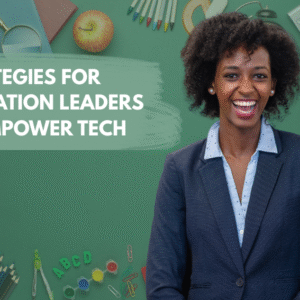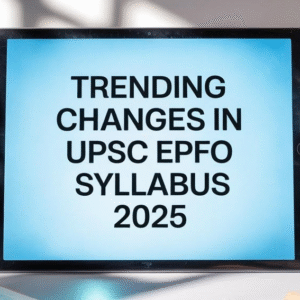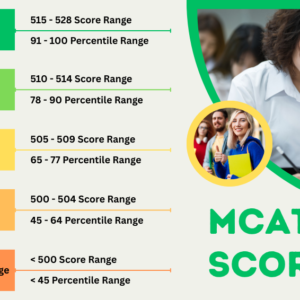Personalized learning has become a buzzword as of late, and is challenging the concept of a one-size-fits-all education. Teachers and parents alike are starting to realize that each child learns differently, and they all have varying skills, needs, strengths and weaknesses. Personalized learning was also a major focus of the Teaching and Learning Research Programme (TLRP) between the years 2000 and 2011, which made a large investment in UK education research. They hoped to improve educational outcomes for people of all ages by supporting research that sought to transform the quality of learning. If you are a teacher or lecturer in an educational setting, you may be interested in how you can make your pupils’ education journey a personalized one. Here are some suggestions.
Ensure They Possess Digital Literacy Skills
First of all, you’ll need to make sure that your students have the skills to share, collaborate, learn and connect with their teachers and peers digitally since this is how most learning is carried out in the modern classroom. They’ll need to have the requisite digital literacy skills to create and stay connected with their learning network.
Create Personal Learning Plans
Next, you’ll want to develop personal learning plans by encouraging students to set their own goals that align well with their talents, interests and strengths. This way, you can monitor their progress and help them set new goals as and when appropriate.
Conduct Formative Assessments Frequently
During the course of a student’s education, they will be assessed via tests and exams. These are also an important part of the personalized learning experience, but they must be assessed as they learn rather than basing it on what they have learned already. This way, you can personalize their learning more effectively as they go along.
Change the Way You Grade
When it comes to assessments and reports, you want to be grading your students on whether they have reached the targets and objectives you have set, rather than whether or not they completed a particular assignment or how long they spent on something. This is one of the key aspects of a personalized learning system, as students are expected to demonstrate competency or mastery in the goals that they have set for themselves.
Encourage Them to Self-Assess
As well as assessments set by you, you should encourage your students to self-assess through self-reflection exercises. This way, they will develop both their cognitive and metacognitive skills. You can also encourage them to leverage practice tests from the comfort of their own home so they can get a feel for the areas in which they need to improve upon, and the areas where they shine.
Consider Increasing Parental Involvement
It is always a good idea to encourage the involvement of parents when it comes to making formal education more personalized. When parents take an active role in their child’s education, they can share the responsibility of ensuring that they are learning successfully. So, communicate with them regularly via email and phone and meet with them often to keep them involved so that they feel comfortable enough to give and receive feedback.
Encourage Student Input
Lastly, the more obvious piece of advice for creating a more personalized education would be to encourage input from the students themselves. If you give them a ‘voice’ so that they can express their beliefs and opinions, this will result in a rich and diverse set of instructional materials on which to base your teaching. Ask for their feedback on your teaching materials and involve them in any important decisions.
Personalized learning is essentially all about enabling students the opportunity to take ownership of their learning, which in turn will ignite their passion and encourage them to strive to learn more.






